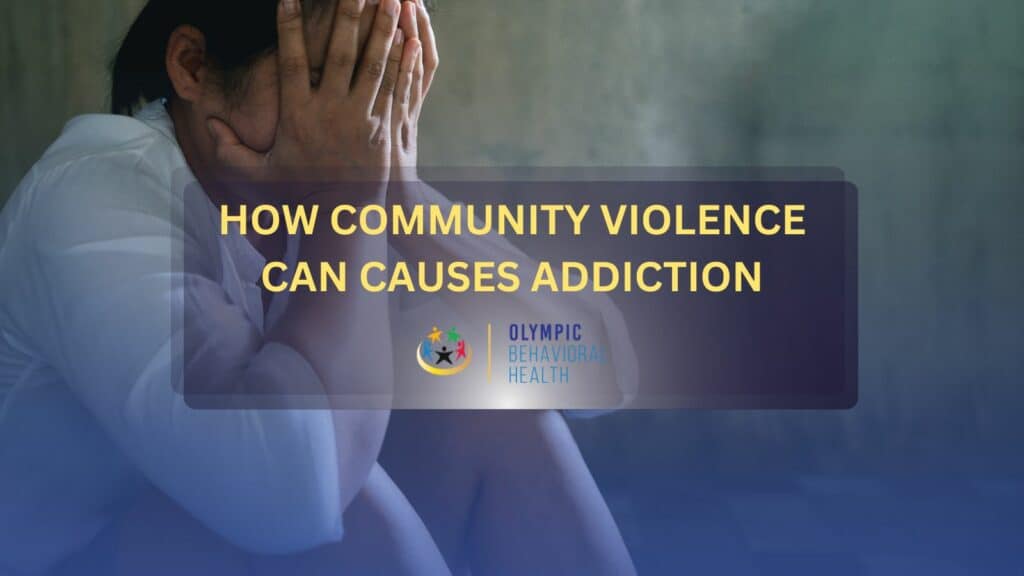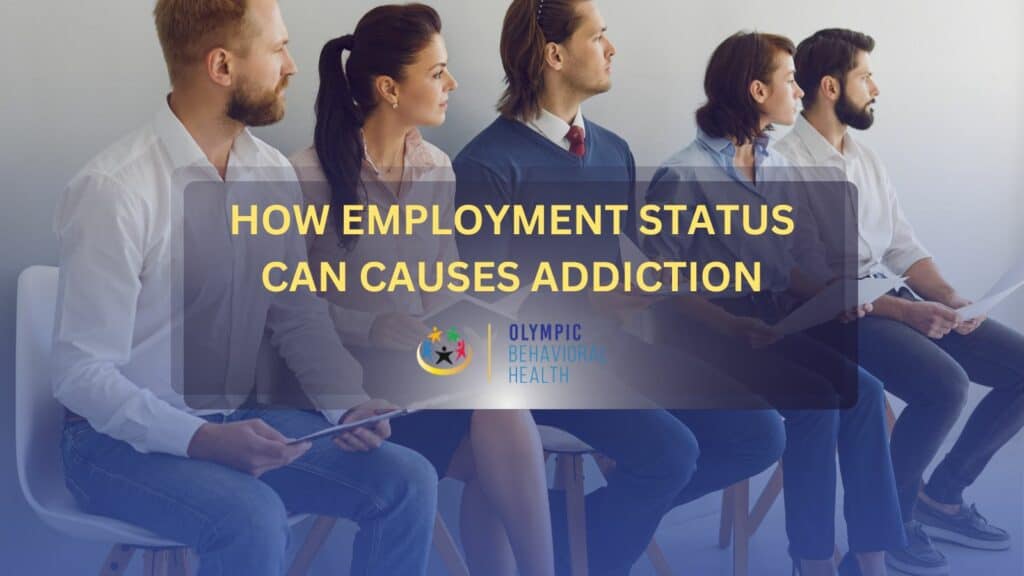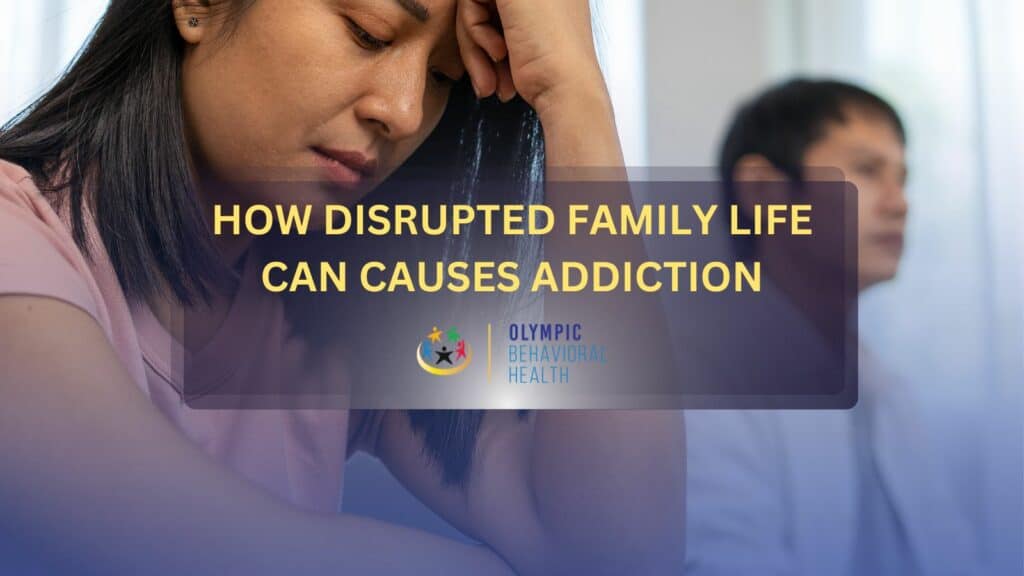Can Community Violence Cause Addiction?
The World Health Organization (WHO) considers violence the intentional use of physical force or power, threatened or actual, against oneself, another person, or a group or community. This definition includes the potential for psychological harm and doesn’t exclude self-harm.
Witnessing violence in their communities can deeply wound young people. It shakes their sense of safety, affecting their emotional, social, and intellectual growth. Entire families and neighborhoods struggle to maintain stability under this constant threat. The daily fear and trauma take a heavy toll on physical and mental health, with lasting psychological effects on children exposed to ongoing violence.
Violence isn’t just about victims. It holds entire communities hostage, spreading fear and trauma. No one escapes its damaging touch. But there is hope. We can all play a part in reducing and preventing violence and improving lives for survivors. The causes of violence are complex, ranging from individual choices to societal issues. Effective solutions must address these root causes at every level.
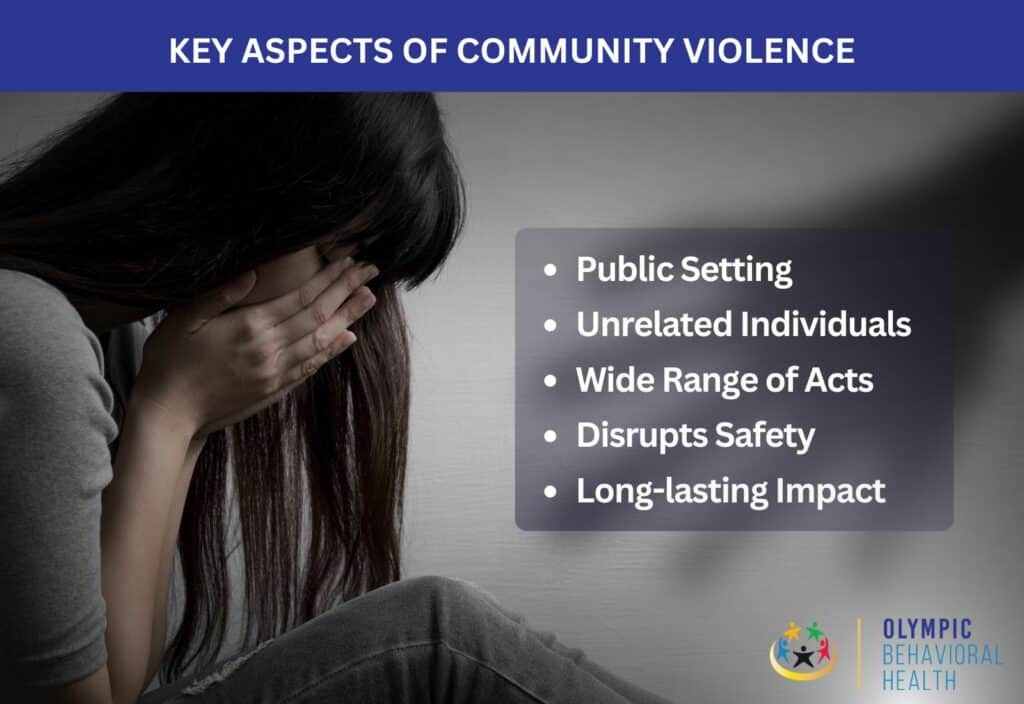
What is Community Violence?
Community violence refers to acts of violence perpetrated by individuals or groups against members of a particular community, often in public spaces. These acts are typically not between people who know each other well (like domestic violence). Here are some key aspects of community violence:
- Public Setting: The violence occurs in areas accessible to the community, like streets, parks, or schools.
- Unrelated Individuals: The perpetrator and victim are usually not close acquaintances or family members.
- Wide Range of Acts: It encompasses various violent acts, including assault, shootings, gang violence, bullying, and even acts of terrorism.
- Disrupts Safety: The violence creates a climate of fear and disrupts the sense of safety within a community.
- Long-lasting Impact: It can have lasting physical, emotional, and psychological effects on victims, witnesses, and the entire community.
Community violence is a complex issue with various contributing factors, and it’s important to address it through prevention and support programs.
Can Community Violence Predict an Addiction?
Histories of violence among clients seeking substance use disorder treatment: a systematic mapping review by Beeler S, Gerrish O, Aldred BG, and Asher BlackDeer A (2024)
This is an article about violence and substance use disorder treatment. It discusses the limited research on violence and substance use disorders. The authors conducted a systematic mapping review to explore people’s experiences with both issues. They aimed to identify treatment settings, expected outcomes, and characteristics of people seeking treatment. The results showed that most studies focused on people who perpetrated violence rather than those who experienced it. Most participants were female and from the United States.
This systematic mapping review identified a limited number of studies exploring the treatment of co-occurring violence and SUDs. Most studies focused on perpetrators of violence, with far fewer studies focusing on victims. Most of the participants were female and from the United States. Treatment settings included inpatient, outpatient, and residential settings. Studies reported a wide range of outcomes, but outcome measurement was often inconsistent.
These findings highlight the need for more research on how violence and SUDs can be treated together, considering the specific needs of victims and perpetrators. Future research should explore effective treatment models, evaluate the effectiveness of integrated treatment approaches, and identify factors that promote treatment engagement and positive outcomes.
Community violence exposure, coping, and problematic alcohol and drug use among urban, female caregivers: A prospective study. By Kliewer W, Zaharakis N. in 2013
This article explores the link between witnessing community violence and substance abuse in low-income female caregivers. The study found that witnessing violence is associated with an increase in problematic drug use over time. There is not enough evidence to suggest that witnessing community violence can directly cause addiction, but the study indicates a correlation.
The article concludes that witnessing violence, rather than being a victim of violence, is associated with changes in avoidant coping, which in turn is related to increases in problematic drug use. Religious commitment and social support were prospectively associated with lower levels of avoidant coping. These findings suggest that interventions aimed at reducing avoidant coping and enhancing social support may be beneficial for reducing substance use among urban female caregivers.
Witnessed community and parental violence in relation to substance use and delinquency in a national sample of adolescents by Zinzow HM, Ruggiero KJ, Hanson RF, Smith DW, Saunders BE, Kilpatrick DG. in 2009
This study investigates the long-term effects of community violence exposure on substance use among adolescents and young adults. The researchers used a statistical method called latent growth curve modeling to analyze data from participants over seven years.
The findings suggest a clear connection between exposure to violence and an increased risk of initiating substance use. The study revealed that adolescents who experienced higher levels of community violence were more likely to start using drugs, including marijuana, cocaine, and other illicit substances. Interestingly, the association wasn’t limited to the initial exposure. The analysis showed a continuing influence of violence throughout the study period, suggesting that ongoing exposure to violence might elevate the risk of substance use over time.
This study highlights the potential consequences of growing up in communities plagued by violence. It underscores the importance of addressing community violence as a public health issue and developing preventative measures to protect young people from its detrimental effects, including the increased risk of substance use disorders.
Overall, research as to whether community violence can predict and even cause addiction is limited. That being said, the three studies reviewed above show a plausible link between community violence and addiction in particular individuals. It is still important to remember that addiction is a multifactorial disease. Several aspects of one’s life are usually affected before an addiction is developed.
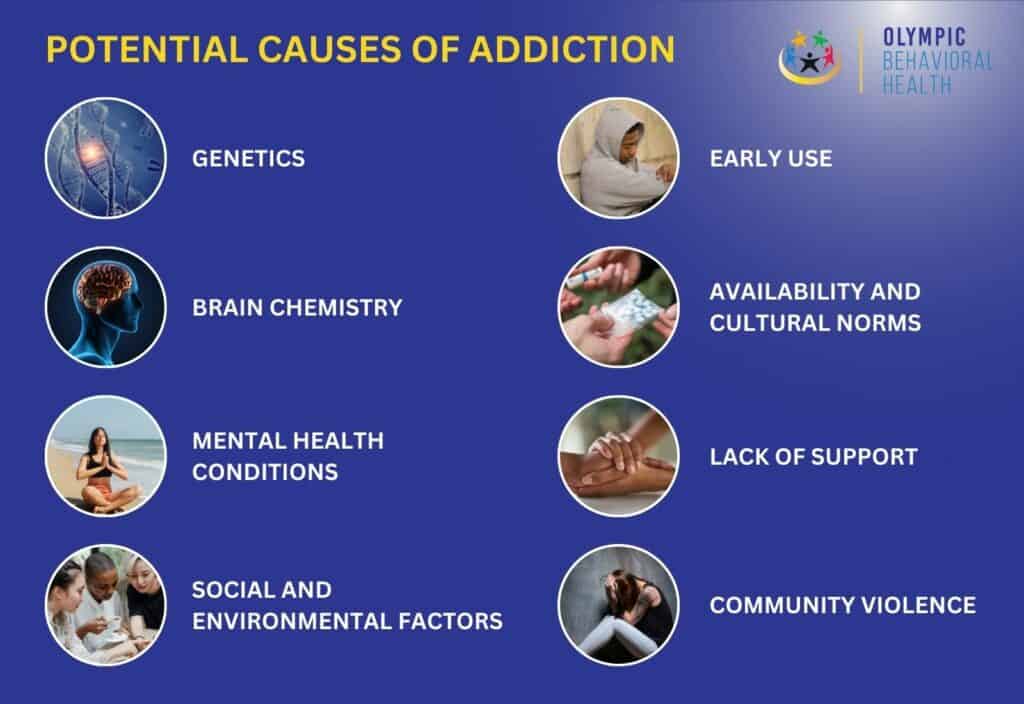
What other potential causes of addiction are there?
Addiction is a complex disease with multiple contributing factors. Here are some other potential causes beyond community violence:
- Genetics: Research shows a significant genetic component to addiction. If you have a close family member with an addiction, you may be more predisposed. However, genes are not destiny, and environmental factors play a significant role.
- Brain Chemistry: Addiction alters the brain’s reward system, making it difficult to experience pleasure from anything other than the addictive substance or behavior. This can lead to a compulsive need to use despite negative consequences.
- Mental Health Conditions: There’s a strong link between addiction and mental health issues like depression, anxiety, and PTSD. People may use substances to self-medicate and cope with difficult emotions.
- Social and Environmental Factors: These include factors like poverty, lack of opportunity, peer pressure, and exposure to drugs or alcohol at a young age. A chaotic or dysfunctional family environment can also increase risk.
- Early Use: Starting to use addictive substances at a young age significantly increases the risk of developing an addiction later in life. The earlier the use, the more susceptible the developing brain is to changes in its reward system.
- Availability and Cultural Norms: The easier it is to access addictive substances, the more likely people are to use them. Similarly, social norms that glorify or normalize substance use can create a more permissive environment.
- Lack of Support: People who lack social support and healthy coping mechanisms are more vulnerable to addiction. Strong social connections and access to treatment can be crucial for recovery.
It’s important to remember that a single factor rarely causes addiction. It’s usually a combination of these influences that puts someone at risk.
Is Stressful Work a Cause of Addiction?
Chronic work stress can be a risk factor for addiction, but it’s not a direct cause. People facing constant pressure might use substances like alcohol or drugs to cope, even though it creates more problems in the long run. Stressful environments can also make it hard to develop healthy coping mechanisms, leading people to rely on unhealthy habits. Work-life imbalance and social pressures to unwind after work can increase the risk. Remember, addiction is complex and depends on individual factors too. If you’re worried about work stress leading to addiction, consider addressing the root cause of stress, like workload or work-life balance. There’s also help available through support groups, therapy, and addiction treatment programs.
Is Employment Status a Cause of Addiction?
No, employment status itself isn’t a direct cause of addiction. However, there can be complex relationships between them. Unemployed individuals might struggle financially, leading to stress and a lack of purpose, which can increase the risk of addiction. Conversely, some stressful or demanding jobs can also push people towards unhealthy coping mechanisms like substance use. The key takeaway is that both unemployment and specific work environments can be contributing factors, but they are not the sole causes of addiction.

Share This Post
